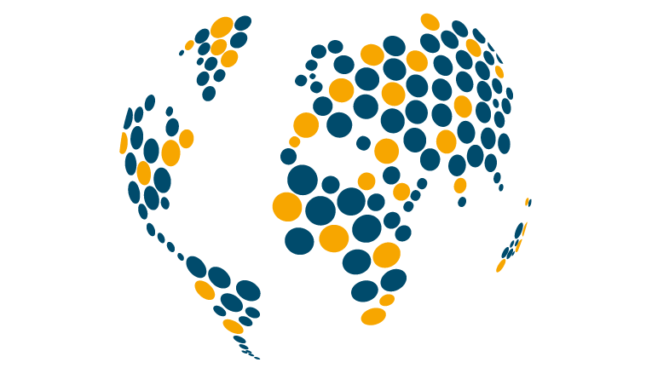Regional Hub:
Find all ACLED data and analysis for Asia-Pacific below.
The Asia-Pacific dataset is updated every Tuesday through the most recent Friday.
Curated Data
This file contains all political violence events, demonstration events, and strategic developments recorded in Asia-Pacific from the beginning of ACLED coverage to the present. Please note that historical coverage may vary by country. A full list of country-year coverage is available here.
For an explanation of how ACLED codes and categorizes data, see the ACLED Codebook. For more information, see our Resource Library. Guides specific to Asia-Pacific include:
- Methodology and Coding Decisions for Political Violence and Demonstrations in Afghanistan
- Methodology and Coding Decisions for Political Violence and Demonstrations in China
- Methodology and Coding Decisions for Political Violence and Demonstrations in Myanmar
- Methodology and Coding Decisions for Political Violence and Demonstrations in North Korea
- Methodology and Coding Decisions for the Philippines Drug War
Regional Overviews
Our monthly analysis briefs break down the latest data on political violence and protest trends, highlighting potential early warning signs for closer monitoring.
Regional Data Collection Partners
ACLED partners with a wide range of organizations to collect information in hard-to-access contexts and integrate thematic, regional, and country-level expertise into our data collection program. Click through the list to learn more about our partners in the Asia-Pacific region.
The Aid Worker Security Database (AWSD) records major incidents of violence against aid workers. Initiated in 2005, to date the AWSD remains the sole comprehensive global source of this data, providing the evidence base for analysis of the changing security environment for civilian aid operations. The AWSD is a project of Humanitarian Outcomes.
Afghan Peace Watch (APW) is a non-profit organization focused on delivering credible information and research on security, political violence, civic activism, human rights violations, humanitarian efforts, and strategic developments in Afghanistan. APW enhances access to credible information in Afghanistan and promotes peace through conflict resolution, media reporting, research, advocacy, accountability, and humanitarian support.
The organization has been documenting security and violence incidents in Afghanistan since February 2020. Following the Taliban’s takeover in August 2021, media and research organizations face strict censorship, making access to accurate information extremely difficult. To collect credible data from the ground in Afghanistan, APW uses a unique methodology, maintains a network of reporters all across the country, and draws information from around 238 sources in all 34 provinces.
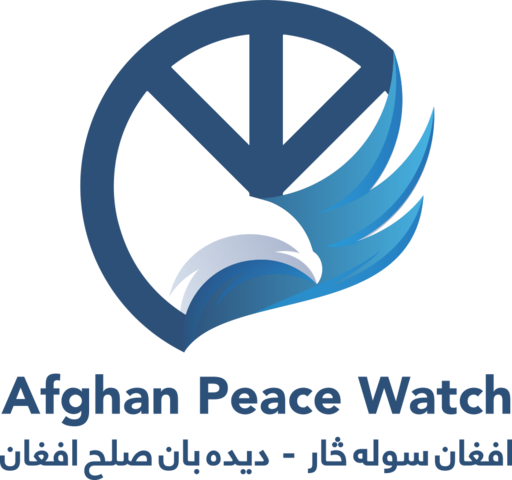
Established in 2001, HRNK is America’s only think-tank focused exclusively on researching, investigating, and publishing on the North Korean human rights situation. Through satellite imagery analysis, escapee testimony, interviews with experts in the field and desk research, HRNK has produced 52 major reports on the North Korean human rights situation. HRNK has held UN consultative status since April 2018. Nine HRNK reports were quoted 27 times in the 2020 U.S. Department of State Report on Human Rights Practices in North Korea, released on March 30, 2021.
Founded in 2015, Centre for Social Change (CSC) is a non-profit making social think-tank based in Kathmandu, Nepal working on the changing socio-political dynamics of Nepalese society via research, education, and policy advocacy. CSC’s current works are focused on issues around conflict prevention, governance, migration, labor, civic engagement, and social development.
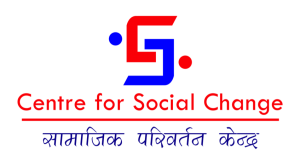
Collective Campaign for Peace (COCAP) is a national network of 43 peace and human rights non-governmental organizations from 29 different districts of Nepal. It aims to provide a common space for its members, volunteers and friends to collectively engage in the pursuit for peace, human rights and justice in Nepal. It organizes national/regional level campaigns and conferences on the issues of peace and human rights in coordination with its member organizations and other like-minded organizations. In November 2014, COCAP started a new conflict prevention and protection initiative, NepalMonitor.org. The initiative is based on an online system designed to alert local organizations about human rights and security incidents in their area.
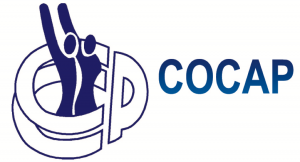
Deep South Watch (DSW) is an autonomous organization seeking to create a common space in the deep south provinces of Thailand for parties in the conflict to engage in peace discourses. Deep South Watch seeks to provide an opportunity for stakeholders to find an exit from the violent conflict. Based on the research project, in 2004 DSW has produced the Deep South Watch Database, which uses media as well as official records to track violence and conflict incidents in the southern border provinces of Thailand. Deep South Watch (DSW) is also affiliated to the Center for Conflict Studies and Cultural Diversity (CSCD) of Prince of Songkla University at Pattani, Thailand.
Front Line Defenders is an Irish-based international organisation, founded in 2001, with the specific aim of protecting human rights defenders at risk (HRDs); people who work, non-violently, for any or all of the rights enshrined in the Universal Declaration of Human Rights. Front Line Defenders addresses the protection needs identified by HRDs themselves. The organisation has special consultative status with the Economic and Social Council of the United Nations (ECOSOC) and in 2018 Front Line Defenders was awarded the UN Prize in the Field of Human Rights.
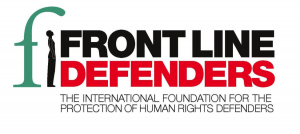
Live Universal Awareness Map (Liveuamap) is a leading independent global news and information site dedicated to factual reporting of a variety of important topics including conflicts, human rights issues, protests, terrorism, weapons deployment, health matters, natural disasters, and weather related stories, among others, from a vast array of sources.

Myanmar Peace Monitor is a project run by the Burma News International that works to support communication and understanding in the current efforts for peace and reconciliation in Myanmar. It aims to centralize information, track, and make sense of the many events and stakeholders involved in the complex and multifaceted peace process.
ProtectDefenders.eu is the European Union Human Rights Defenders mechanism, established to protect defenders at high risk and facing the most difficult situations worldwide. ProtectDefenders.eu is committed to reaching Human Rights Defenders working in remote areas and countries where it is particularly dangerous to work in human rights defense. It focuses on defenders who are especially targeted, including women human rights defenders, defenders of LGBTI rights, land and environmental rights defenders, economic and social rights defenders, defenders of minorities, lawyers, and those fighting for freedom of expression and association.

South Asian American Leading Together (SAALT) is a national movement strategy and advocacy organization committed to racial justice through structural change, focusing on transforming institutions while leveraging incremental change as a means to shift conditions and power through federal policy and advocacy, local and national partnerships, coalition building (i.e., the National Coalition of South Asian Organizations), and strategic communications. SAALT convenes dedicated spaces for South Asian organizations across the country to engage in political education leading to strategies and narratives to realize our vision. SAALT seeks to build a South Asian American community with shared values that uplift all people of color, and will cross lines of race, caste, gender, sexuality, and religion to abolish systems of oppression and achieve collective liberation.

The Xinjiang Victims Database seeks to document in detail the specific individuals affected by the mass incarcerations in China’s northwestern Xinjiang Uyghur Autonomous Region, focusing on — but not limited to — the recent events from early 2017 on. Simultaneously, the database also seeks to consolidate all of the available victim-based primary evidence, such as eyewitness accounts or official documents that prove the detentions of specific individuals.


